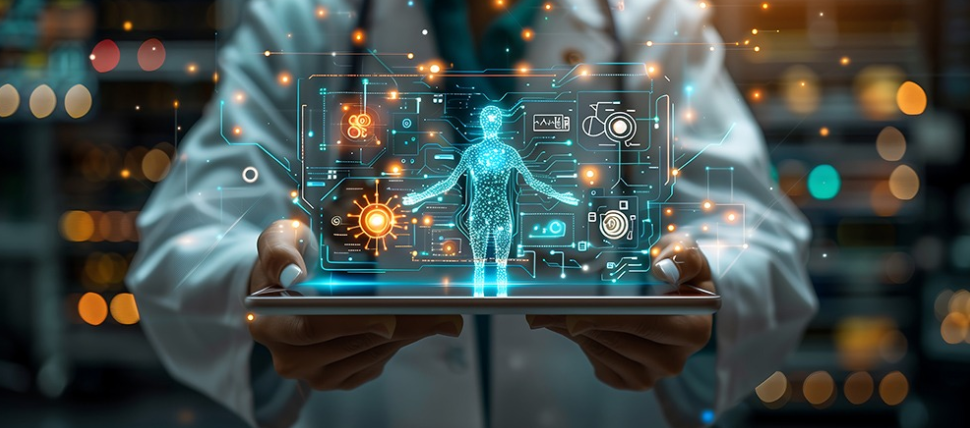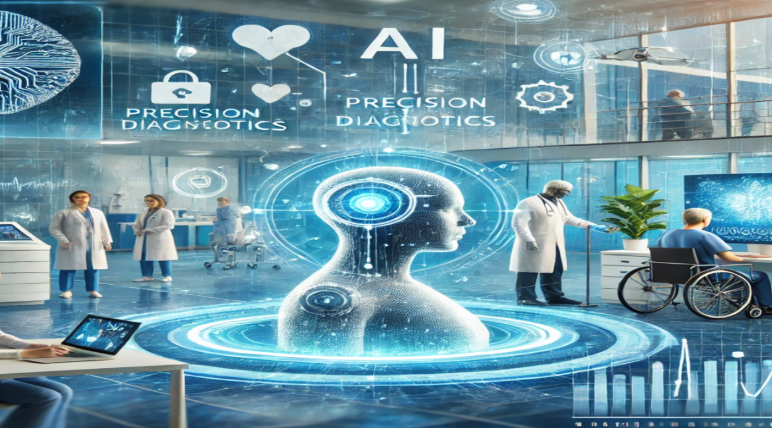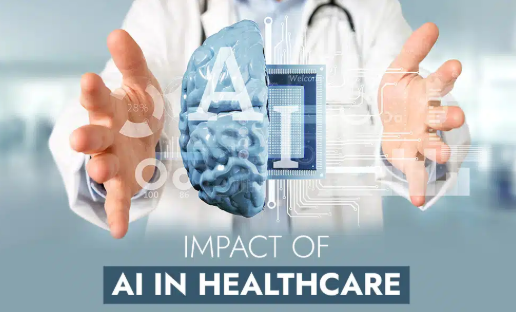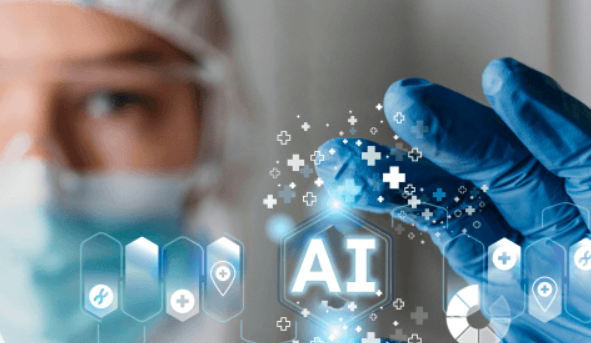Artificial Intelligence is rapidly transforming the healthcare industry, and its future promises even more impactful innovations. From personalized care to early disease detection, AI will continue to enhance medical services, making them smarter, faster, and more efficient.
1. More Accurate Diagnostics
AI systems will become even better at diagnosing diseases using medical images, genetic data, and electronic health records. Future tools may detect complex conditions like cancer or neurological disorders at much earlier stages.
2. Expansion of Personalized Medicine
With advancements in AI and genomics, treatments will be increasingly tailored to individual patients. This means better outcomes and fewer side effects, especially in areas like oncology, mental health, and rare diseases.
3. Predictive Healthcare Systems
AI will help predict health issues before they occur. By analyzing lifestyle, genetic, and historical data, future healthcare systems can alert individuals and doctors to potential risks and suggest preventive measures.
4. Smarter Virtual Assistants
AI chatbots and virtual assistants will become more intelligent and human-like, capable of handling complex patient questions, triaging cases, and even offering mental health support—available 24/7.
5. Seamless Integration with Wearable Tech
As wearable devices become more advanced, AI will analyze data in real time to monitor vital signs, detect anomalies, and guide patients or caregivers toward timely interventions.
6. AI-Powered Robotics in Surgery and Care
Robotic systems, guided by AI, will perform surgeries with even greater precision. In elder care, assistive robots may help patients with mobility, medication, and daily routines.
7. Enhanced Clinical Decision Support
AI will assist doctors by offering evidence-based recommendations during patient care, helping them make faster, more accurate decisions while reducing burnout and workload.
8. Faster Drug Development
AI will shorten drug discovery timelines by identifying potential treatments faster, simulating clinical trials, and improving patient matching—all of which can accelerate responses to global health challenges.
9. Ethical and Transparent AI Systems
The future will also focus on responsible AI. Transparent algorithms, bias detection tools, and ethical guidelines will be essential to ensure fairness and trust in AI-driven healthcare.
10. Global Healthcare Access
AI has the potential to bridge the gap in underserved areas by providing remote diagnostics, telemedicine, and health education, thereby improving global healthcare accessibility.
Conclusion
The future of AI in healthcare is not just about technology—it’s about better patient care. As AI continues to evolve, it will help create a healthcare system that is more proactive, personalized, and inclusive. With the right regulations and ethical practices, AI can reshape the future of global health.







Leave feedback about this